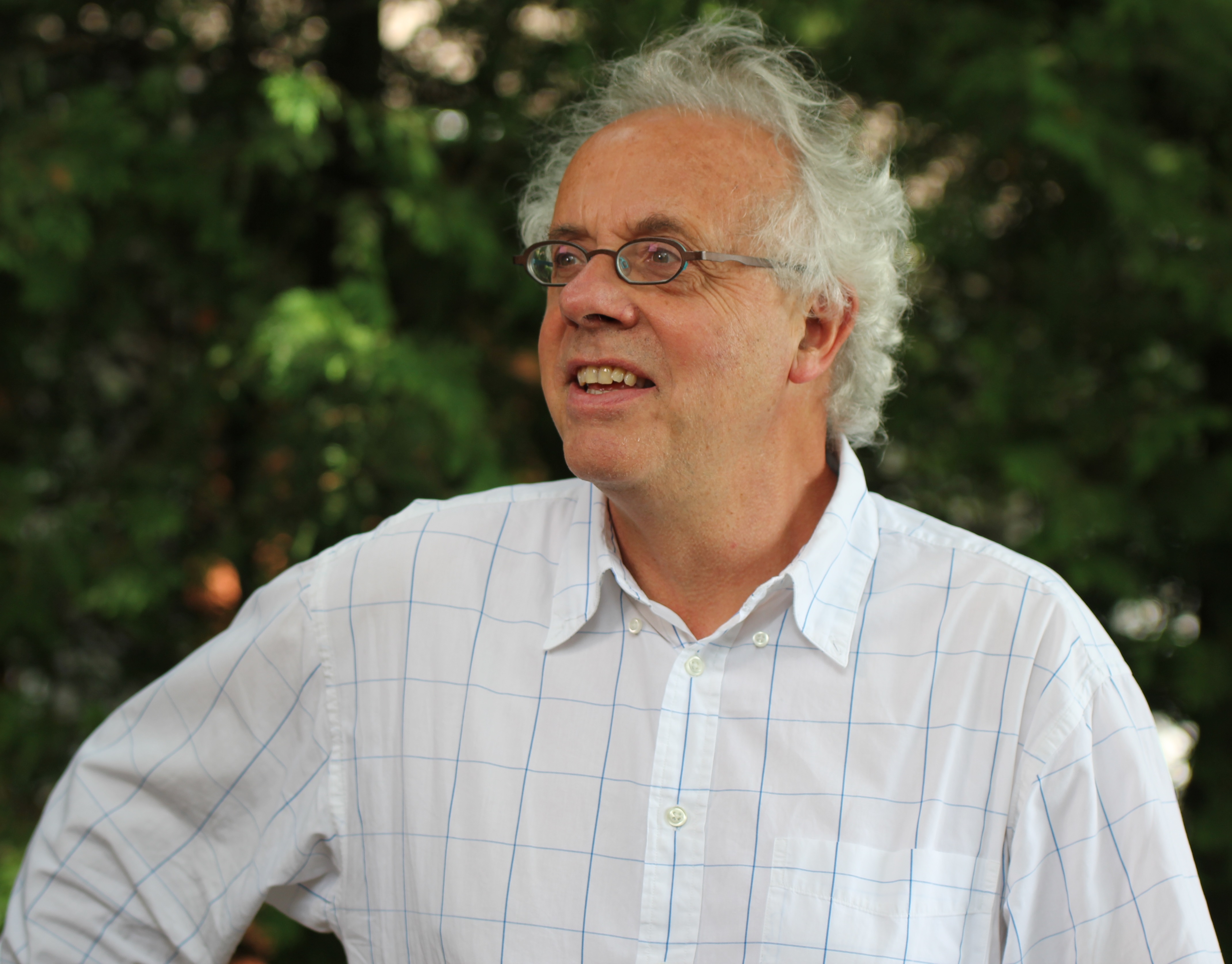Greta can’t change the world alone, doctors should work with her
 Spinning around on an overheating rock at the edge of the universe with seven billion others it’s easy to think that you have little influence on anything. Locked in countries like Britain, Brazil, or the United States that seem to be tearing themselves apart you feel powerless. Or working in a politicised NHS and a vast hospital that seems unconcerned with whether you live or die you wonder what is the point.
Spinning around on an overheating rock at the edge of the universe with seven billion others it’s easy to think that you have little influence on anything. Locked in countries like Britain, Brazil, or the United States that seem to be tearing themselves apart you feel powerless. Or working in a politicised NHS and a vast hospital that seems unconcerned with whether you live or die you wonder what is the point.
This sense of helplessness and powerlessness can be particularly acute with the climate crisis. You see pictures of the Amazon burning and the Arctic melting, study the data on the seas and temperatures rising and wonder what you can do. What difference will it make if I don’t take the flights that are going anyway, sell my car, and stop eating the meat that festoons the local butchers?
Greta Thunberg, the Swedish schoolgirl campaigning against climate chaos, provides the perfect antidote to this sense of helplessness. We have seen her addressing the world conference on climate, the European Union, and many world leaders. She speaks with a clarity and directness that upstages the empty rhetoric that is the usual currency of politics. We are watching her as she sails the Atlantic on an eco-friendly yacht, enduring seasickness to speak to the United Nations General Assembly. This morning she tweeted a picture of the lights of Long Island.
Land!! The lights of Long Island and New York City ahead. pic.twitter.com/OtDyQOWtF5
— Greta Thunberg (@GretaThunberg) August 28, 2019
We know something of her impact through the many right wing pundits launching vicious attacks on her, but now we have data that illustrate the change she is making—the drop in Swedes flying.
Some months in 2017, before Greta started her weekly school strike in protest against the climate crisis in August 2018, Swedes were increasing their flying by almost 10% compared with a year earlier, whereas now in some months they are decreasing it by as much as 7%. As scientists we know well that association is different from causation, but it’s hard to think of another cause. In the US, where Greta is as yet less well known than in her native Sweden, monthly air miles increased from 671 million in May 2018 to 683 million in May 2019.
Greta is now a global hero, but think back on August 2018, only a year ago, when she started her strike alone outside the Swedish parliament. People probably thought she was nuts, and she must have felt alone and vulnerable.
Marxist historians believe that economic, social, and political forces change the world not individuals: some people thought to have changed the world simply rode the wave of those forces. They were in the right place at the right time. Yet there are many lists of individuals who have changed the world, and most of the names are very familiar: Aristotle, Mandela, Darwin, Alexander the Great, Confucius, Jesus, Galileo, Freud, and so on for 100 names.
The person who for me comes closest to Greta is Joan of Arc, still remembered in every French village 600 years after her death. A peasant girl born in 1412 she had visions that told her that she was the one to defeat the English in the Hundred Year War. At the age of 16 she made her way disguised as a boy through hostile troops to meet the king. She is credited with turning around the fortunes of the French before being burnt at the stake at age 19 by the English (again a problem of cause and effect). Greta is already being metaphorically burnt at the stake.
One name on the list of 100 people who changed the world that irritates me is William Wilberforce. He was undoubtedly important in the movement to abolish slavery, which is often described as the world’s first social movement, but he came late to the movement and would have been wholly ineffective without the support of many others including Granville Sharpe and Thomas Clarkson, who was called by Coleridge “a moral steam engine.”
Wilberforce was a friend of the prime minister, had a silver tongue, and made some of the greatest speeches ever made in the British Parliament, but his was one contribution among many.
Greta too can’t change the world alone, and you should be one of the people who works with her. Doctors know enough science to know the devastating horrors that climate change will deliver, so how can we live our lives as if nothing is happening or we can’t make a difference? At the very least we should fly and drive as little as possible and reduce the meat in our diet, ideally to nothing. And we should speak out, both as individuals and a profession: a doctor friend, following Mao Tse Tung’s campaign for every Chinese person to kill a fly a day, tries to speak about climate change to a new person every day. Such a simple act requires courage.
But we can go further: join the global school strike on September 20 and the global Extinction Rebellion on 7 October.
If your courage fails you, think of Greta.
Richard Smith was the editor of The BMJ until 2004.
